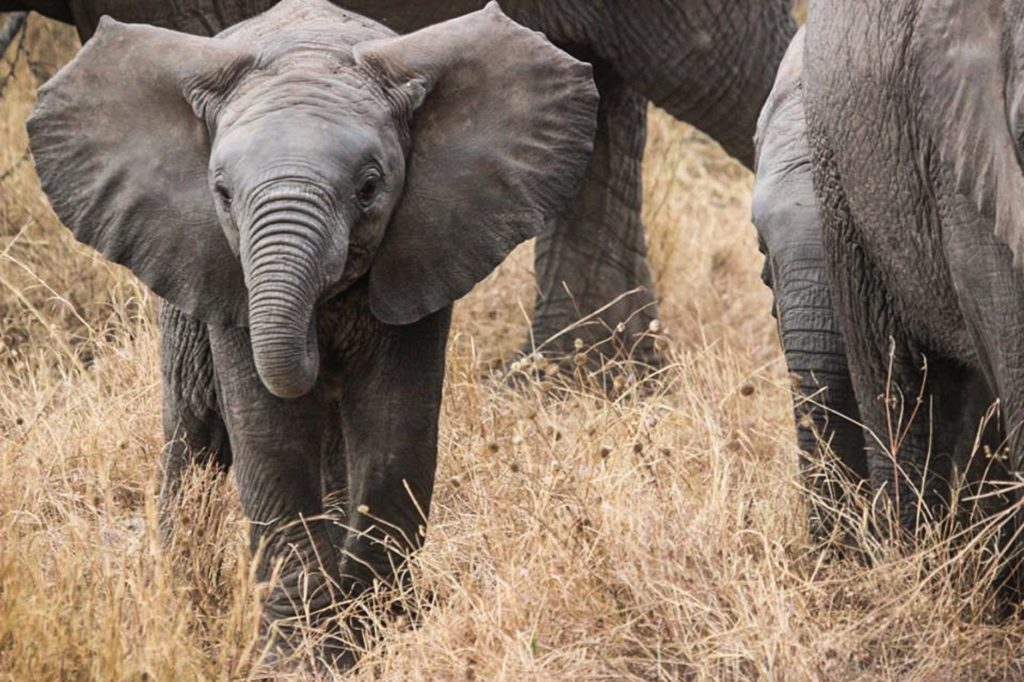Elephants Are Awesome, but…
Animal rights activists continue to try to “break the species barrier” between human beings and animals, such as with this failed lawsuit to have an elephant declared a person. The bad news is that the judge wanted to rule in favor of “animal personhood,” but couldn’t because of precedent. But she really wanted to, as she wrote in her decision:
This court is extremely sympathetic to Happy’s plight and the NhRP’s mission on her behalf. It recognizes that Happy is an extraordinary animal with complex cognitive abilities, an intelligent being with advanced analytical abilities akin to human beings…
The Court agrees that Happy is more than just a legal thing, or property. She is an intelligent, autonomous who [note the “who”] should be treated with respect and dignity, and may be entitled to liberty.
As I write at National Review, “we don’t treat animals as mere things or as being akin to inanimate objects.” We created animal welfare laws, I write, “precisely because we understand that animals are sentient, have emotions, and can feel pain—meaning, as a matter of human exceptionalism, we have the duty to treat them humanely based on their capacities and levels of sentience.”
Yes, we are animals in the biological sense—as are flies, clams, and jellyfish. But we are separate and distinct in a moral sense. It is crucial that we keep this clear moral distinction always in mind. Human exceptionalism imposes the solemn duty upon us to treat animals humanely. That’s why animal welfare is important.
But animal rights—which is an ideology that suggests moral equality between us and them? Never.
I explain why our law is more than capable of protecting animal welfare.
